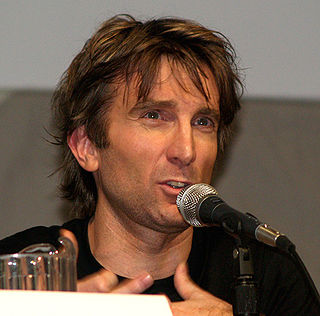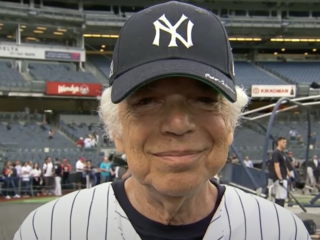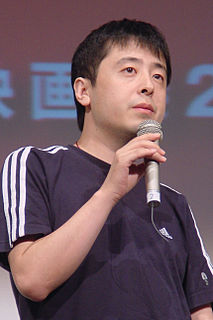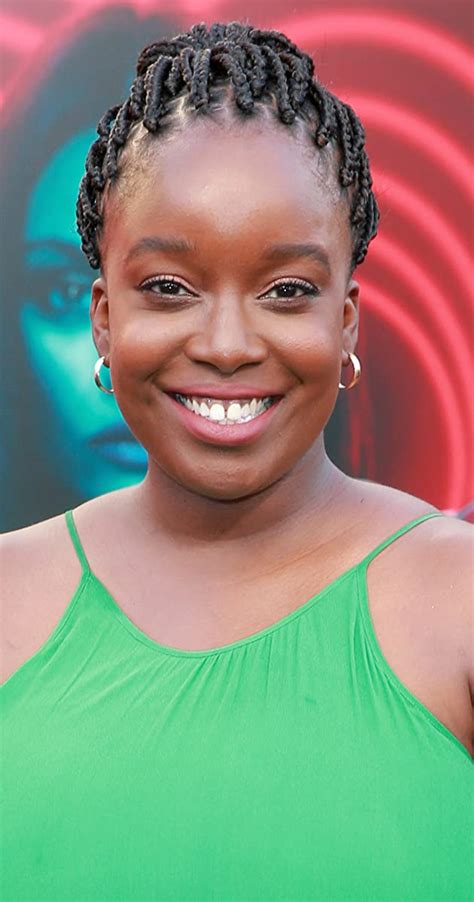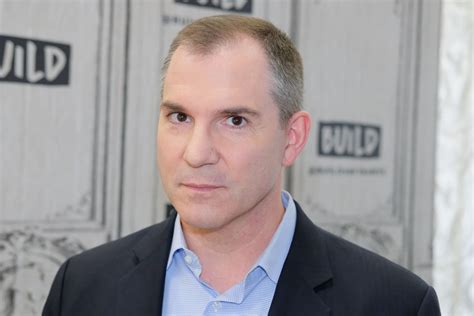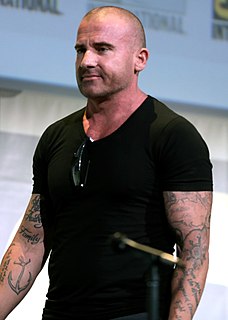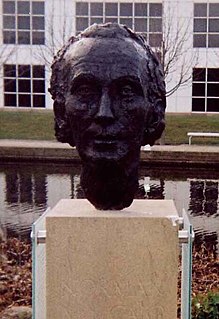A Quote by Sharlto Copley
I grew up being fascinated by accents and dialects. One of the things that interested me were actors that were doing different characters, or sort of more caricatures.
Related Quotes
Language is so specific to art, all the way to the past in China. Previously, people were not allowed to include various regional dialects in their films, but in every film that I've made, I've maintained the regional dialects of the characters because I wanted to make films that were locally specific.
I remember going to a Trump rally in South Carolina, and it was really important and it was really interesting to talk to the people who'd shown up there because they were not caricatures, and so often Trump voters, Trump supporters were being portrayed in the media, probably I'm guilty of it as well, as caricatures. Each of these people, and I talked to maybe a dozen of them, had a very particular reason why he or she was supporting Donald Trump , but these were not casual, inexplicable decisions.
It always did bother me that the American public were more interested in me than in my work. And after all there is no sense in it because if it were not for my work they would not be interested in me so why should they not be more interested in my work than in me. That is one of the things one has to worry about in America.
Coming from a sort of very rigid European type of training to this culture which is just a little more open - a lot more open, and kind of curious, and asking different sorts of questions.Because the problem for me was that the European modernist movement in the '70s was all about right or wrong. Some things were right and you were dealing with the truth, as it were, and then some things were wrong and therefore not allowed.
